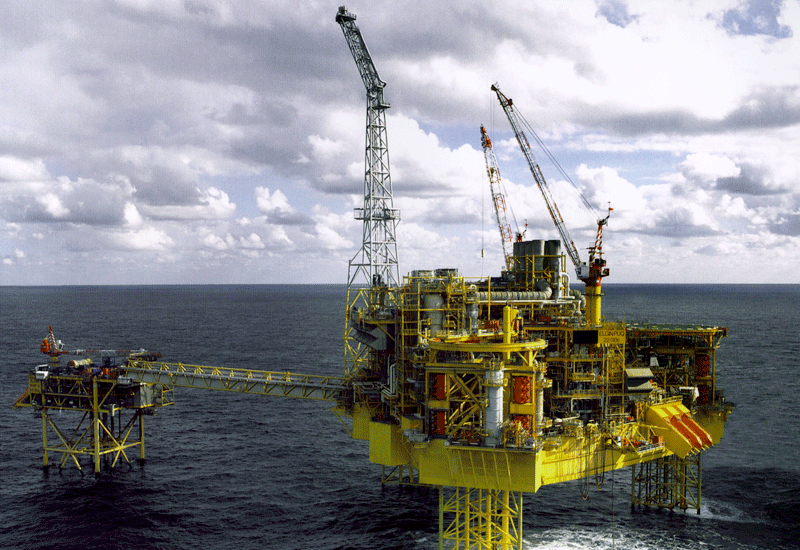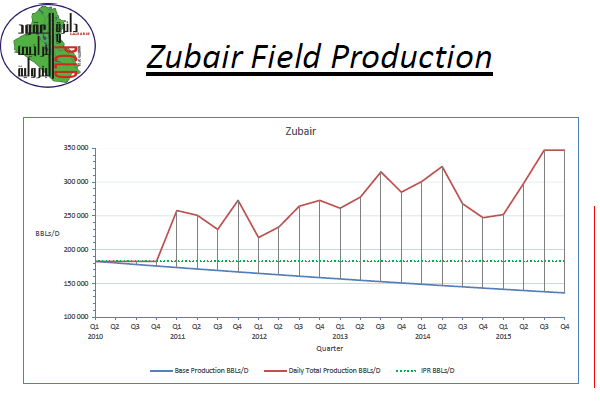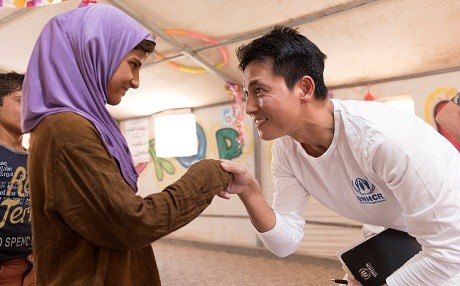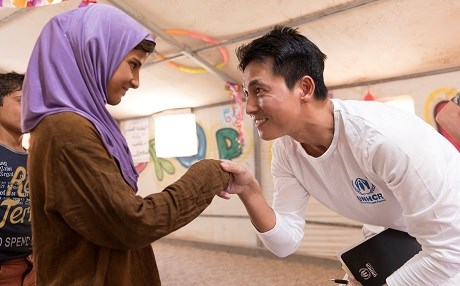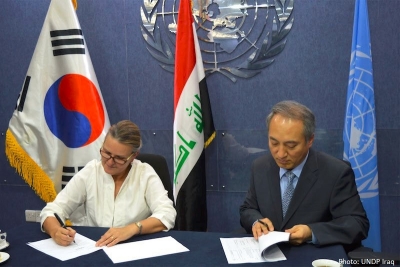The Republic of Korea supports vulnerable families in Iraq to put food on the table
The United Nations World Food Programme (WFP) has received a US$1 million contribution from the Republic of Korea to support WFP’s food assistance for up to 327,000 internally displaced people (IDPs) and Syrian refugees until the end of the year, who are living in camps.
“Through the persistent pandemic and given that many families are still unable to return home, or are suffering in displacement for the second time or more, the Republic of Korea contribution will help us ensure these families are not left behind,” said WFP Representative in Iraq Ally-Raza Qureshi. “Our sincere thanks to the people and government of Korea for this generous support. The Republic of Korea is WFP’s long-standing partner in Iraq, helping families through this critical time.”
The COVID-19 pandemic continues to disrupt the lives of families, alongside rises in food prices, which makes this contribution even more timely.
“With more than 2.4. million people, including IDPs, refugees, returnees and host communities, still being in acute need of humanitarian assistance in Iraq, the Republic of Korea is making continued efforts to support its partners in addressing these requirements,” said Jang Kyung-Wook (pictured), Ambassador of the Republic of Korea to Iraq.
“WFP plays a critical humanitarian role in Iraq by providing emergency food assistance to those in need, and it is my sincere hope that Korea’s contribution this year will help WFP continue its life-saving operations to meet the food security needs of IDPs and refugees living in camps.”
In addition, WFP launched in July monthly cash assistance to displaced families who recently left camps, or who are no longer in formal camp settings. WFP assessments found that these families cannot afford the minimum food needs and are resorting to negative coping strategies such as eating less or going into debt and, hence, need continued support outside formal camp settings.
WFP’s out-of-camp response is working to support 18,000 people. In parallel and as part of the UN’s ‘durable solutions’ approach, WFP is expanding livelihoods activities dedicated for 22,000 out-of-camp IDPs and host communities in Anbar, Diyala, Kirkuk, Ninewa and Salah al-Din governorates, over 13 months.
(Source: UN)
The post Korea Supports Vulnerable Families in Iraq first appeared on Iraq Business News.

